

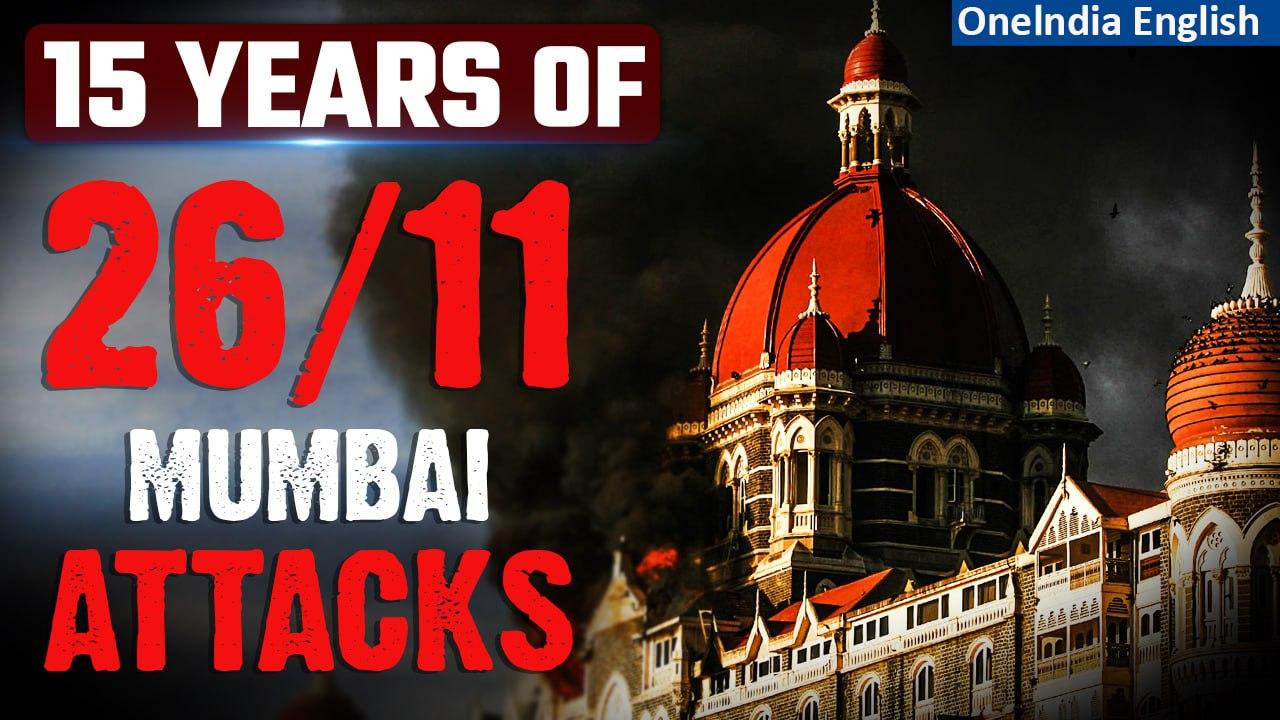
On the 16th anniversary of the 26/11 terror attacks, India remembers the brave security personnel who sacrificed their lives and expresses solidarity with the victims' families. Leaders, including President Droupadi Murmu, Defence Minister Rajnath Singh, and Home Minister Amit Shah, pay homage and reiterate India's firm commitment to defeating terrorism. The attacks, carried out by Pakistan-based Lashkar-e-Taiba, are described as a "cowardly act" and a "blot on humanity."
Remembering the Mumbai 26/11 Terror Attacks: India's Unwavering Stand Against Terrorism
Background
On November 26, 2008, the city of Mumbai was subjected to a series of coordinated terrorist attacks by 10 Lashkar-e-Taiba (LeT) militants from Pakistan. The attackers targeted multiple locations across the city, including the Taj Mahal Palace Hotel, the Oberoi Trident Hotel, the Nariman House Jewish community center, and the Chhatrapati Shivaji Terminus railway station. The attacks lasted over four days and resulted in the deaths of 166 people, including 26 police officers and 11 hotel staff.
Commemoration and Homage
On the 16th anniversary of the attacks, India paid homage to the brave security personnel who sacrificed their lives and expressed solidarity with the victims' families. President Droupadi Murmu, Defence Minister Rajnath Singh, and Home Minister Amit Shah led the nation in paying tribute and reiterating India's firm commitment to defeating terrorism.
Leaders from across the political spectrum condemned the attacks as a "cowardly act" and a "blot on humanity." Prime Minister Narendra Modi said that the nation would always remember the sacrifices of the brave security forces and would never forget the victims of the tragedy.
India's Response and Legacy
Following the attacks, India launched a comprehensive investigation and took several measures to strengthen its counter-terrorism capabilities. These included:
Top 5 FAQs and Answers
Q1: Who were the attackers? A1: The attacks were carried out by 10 Lashkar-e-Taiba (LeT) militants from Pakistan.
Q2: What was the motive behind the attacks? A2: The attackers' motive was to wage a war against India and create chaos and fear.
Q3: How many people died in the attacks? A3: A total of 166 people were killed, including 26 police officers and 11 hotel staff.
Q4: What is India's stance on terrorism after the 26/11 attacks? A4: India has adopted a zero-tolerance approach to terrorism and has taken several measures to strengthen its counter-terrorism capabilities.
Q5: What is the significance of commemorating the 26/11 attacks? A5: Commemorating the attacks serves as a reminder of the sacrifices made by security forces, the resilience of the victims' families, and India's unwavering commitment to fighting terrorism. It also helps raise awareness about the importance of countering terrorism and fostering peace and harmony.

Chief Justice of India Sanjeev Khanna spoke at a Constitution Day event, highlighting the transformative journey of India since independence and the role of the Constitution in shaping the country. He emphasized that the Constitution is a way of life that must be upheld by both judges and members of the bar. The annual observance of Constitution Day was officially declared in 2015 to honor the values enshrined in the Indian Constitution.
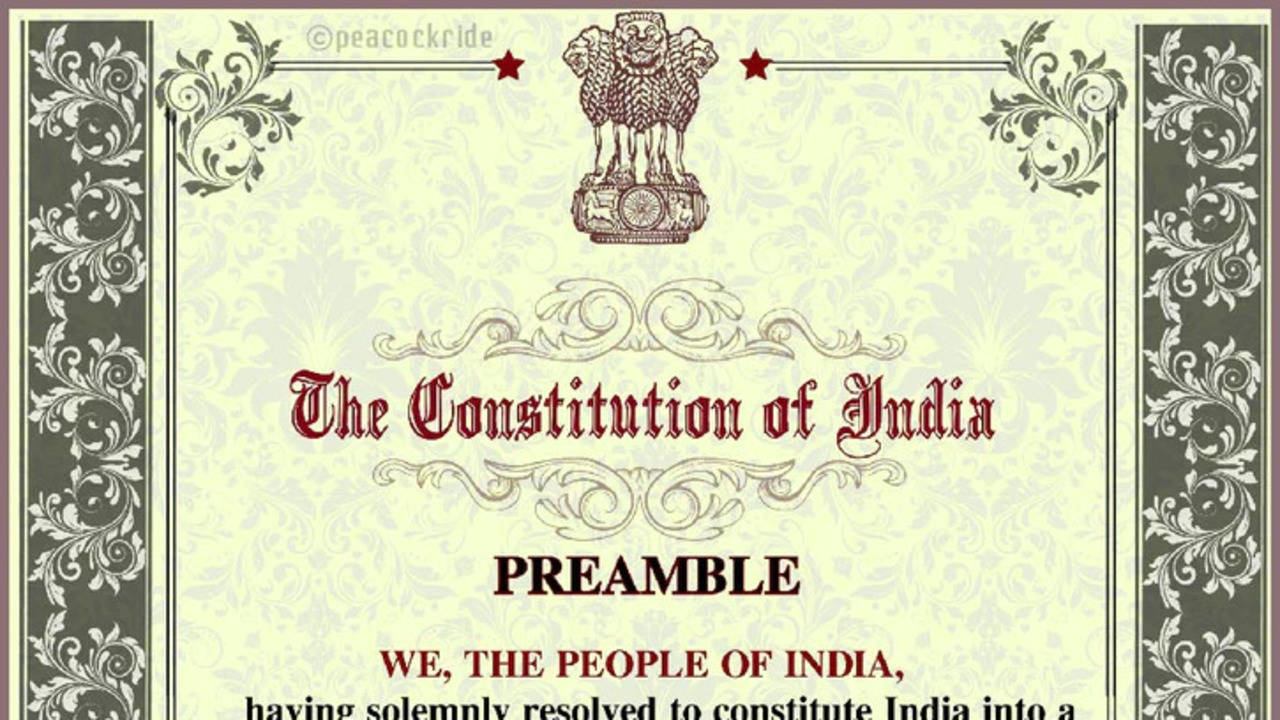
The Supreme Court has dismissed a set of petitions demanding the elimination of "secular", "socialist" and "integrity" from the Preamble of the Indian Constitution. The court stated that after 44 years of their introduction in 1976 by the Indira Gandhi government, there is no genuine reason for challenging the Constitutional amendment. The petitioners, including Subramanian Swamy, argued that these words violate the basic structure of the Constitution, but the apex court disagreed and emphasized that parliament holds the power to amend it. The court also pointed out the delay in filing the petition and clarified that parliament's power to amend the Constitution is not constrained by the date of its adoption.
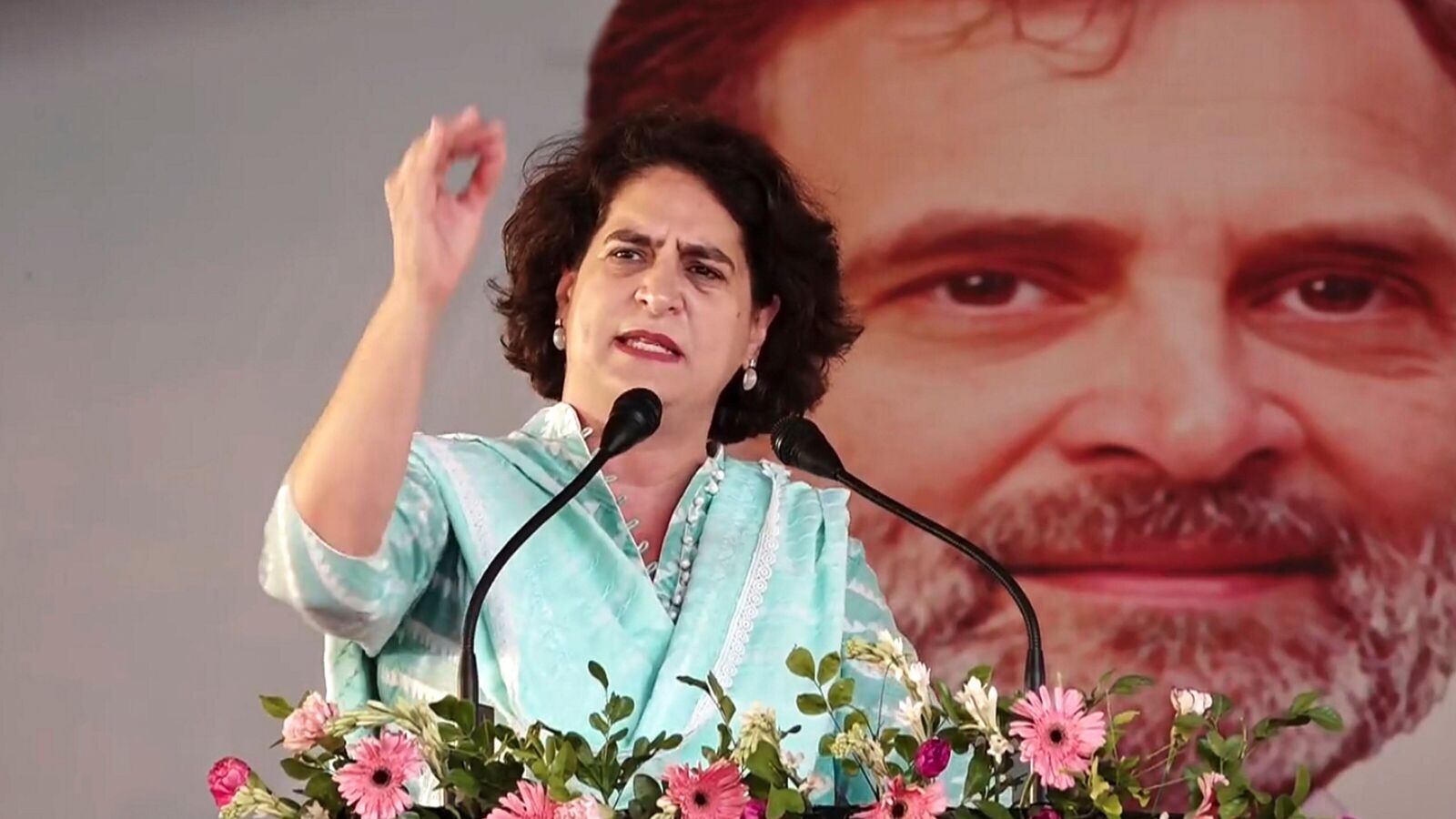
After Congress leader Priyanka Gandhi's victory in the 2024 Indian parliamentary elections, members of the Telangana Pradesh Congress Committee (TPCC) expressed their congratulations and belief that her win signifies a boost for women's empowerment in India. They also drew comparisons to her grandmother, Indira Gandhi, who they say championed women's rights during her tenure as prime minister. Meanwhile, they criticized the opposing BJP and RSS parties for their lack of support for women in politics and society.
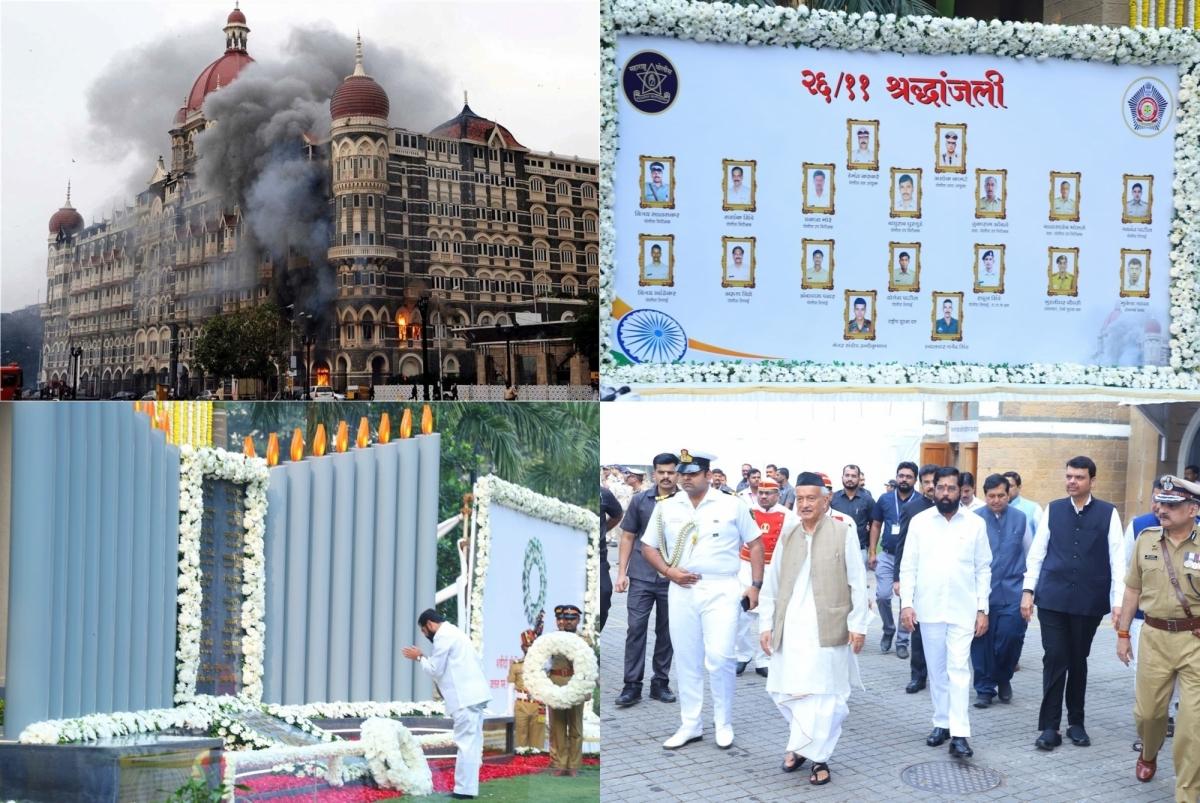
As Maharashtra commemorated the 16th anniversary of the 26/11 terror attacks, key figures from the state came together to pay their respects at a memorial in Mumbai. The event was attended by Chief Minister Eknath Shinde, whose upcoming resignation is set to create political turmoil and potentially form a new government. The day also saw tensions rise in Udaipur's royal family feud, Trump's plans to appoint Kash Patel to a key position, and unrest in Bangladesh over the arrest of a Hindu leader.
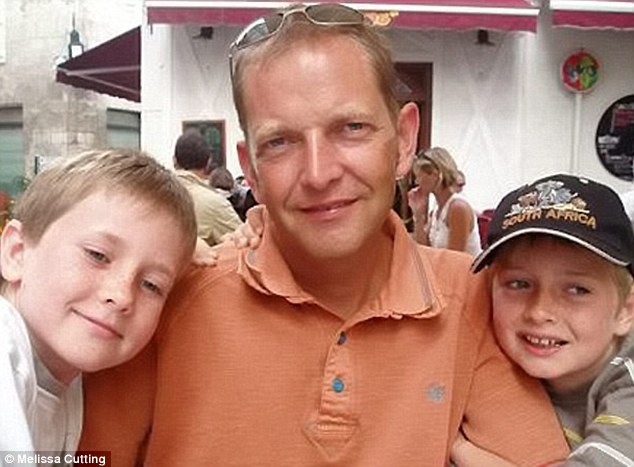
A widow expresses her anger and sorrow as she confronts a medical professor at an inquest over her husband's death due to a misdiagnosed cancer. John Leach, a former NHS worker who was exposed to asbestos, passed away earlier this year after being denied a scan by the hospital. The professor defended his decision, explaining that scans are not routinely done for coughs.
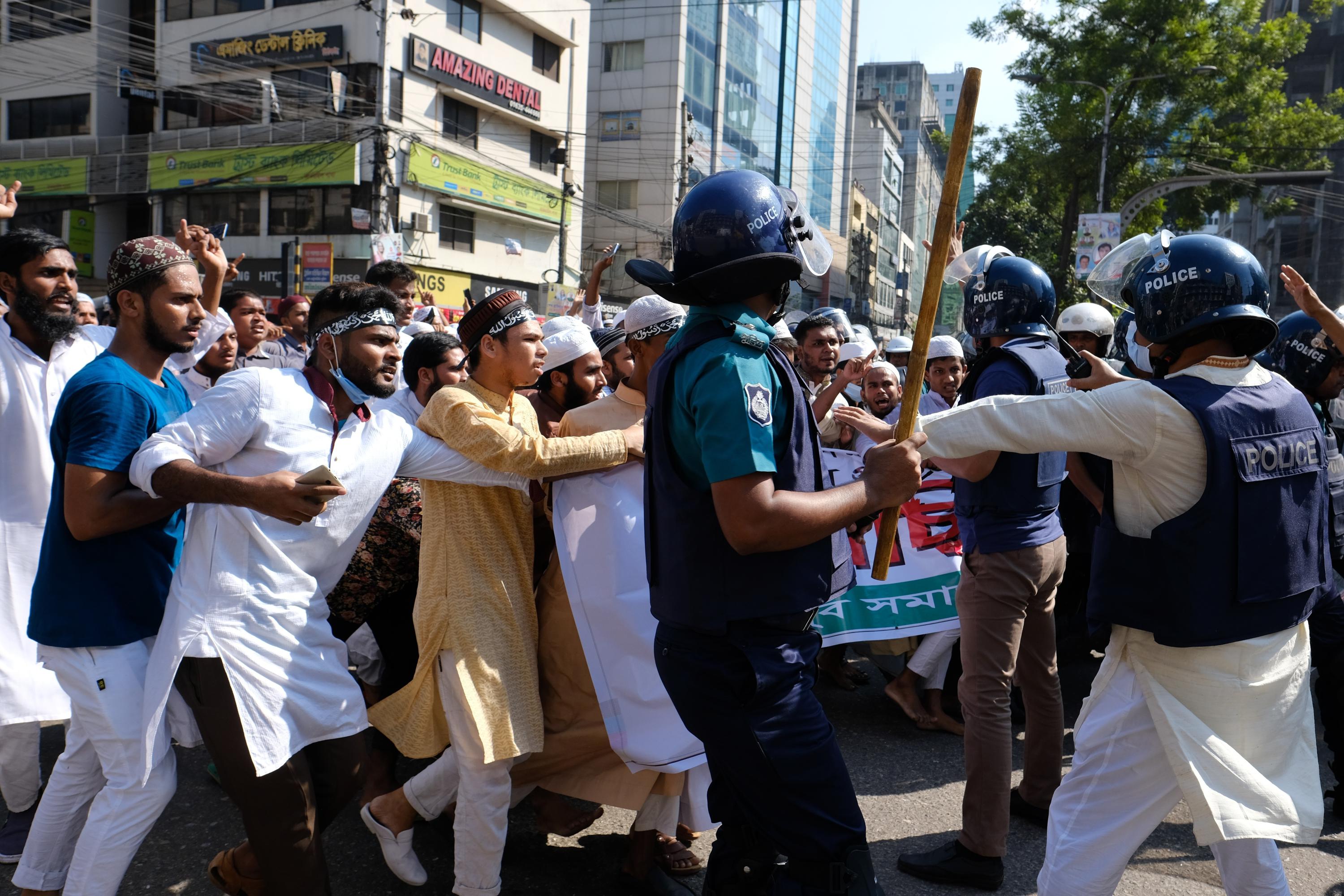
Calls for release of Sri Chinmoy Krishna Das Prabhu, a prominent leader of ISKCON Bangladesh, have intensified as Hindu rights advocacy and civil society groups in Bangladesh started protesting in major cities. The temple authorities have urged the Indian government to intervene and convey to the Bangladesh government that ISKCON is a peaceful Bhakti movement and has no links to terrorism. The arrest and detention of Sri Chinmoy Krishna Das have sparked tensions between India and Bangladesh.
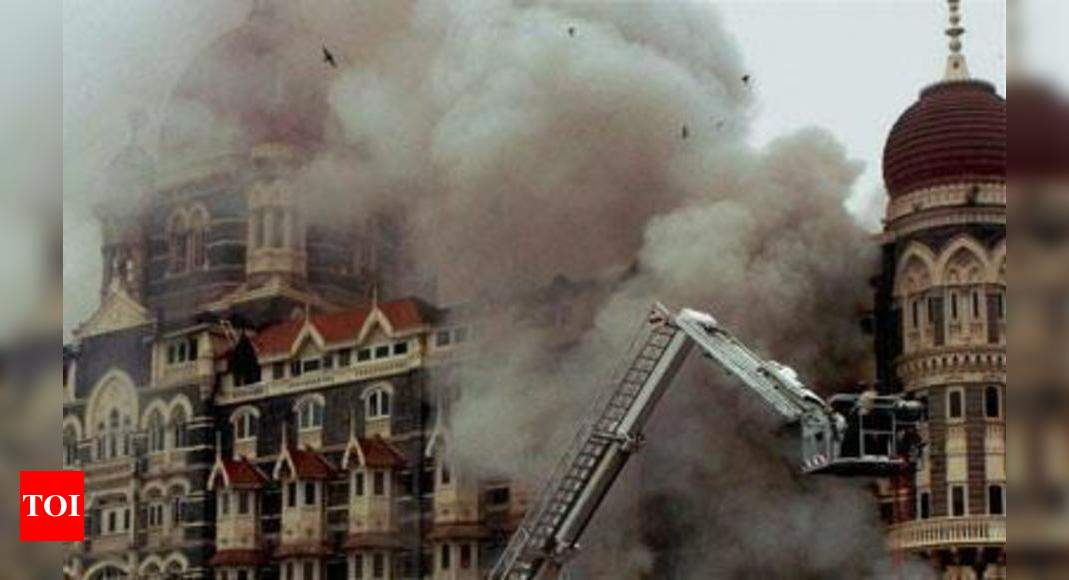
On 26th November, 2008, Mumbai was struck by a dark day as ten armed militants from Pakistan evoked terror in the city. Today marks the 16th anniversary of this horrific event. The Maharashtra CM and Deputy CMs will pay their respects to the 166 people who lost their lives in the 26/11 Mumbai terror attack at the Martyrs' Memorial.

On November 26, India observes Constitution Day to honour Dr BR Ambedkar and celebrate the adoption of the Constitution in 1949. The day promotes awareness of constitutional values and reinforces the principles of democracy, justice, equality, liberty, and fraternity among citizens. It recognizes the contributions of the Constituent Assembly and serves as a reminder to uphold civic responsibilities and strive for a fair and inclusive society.
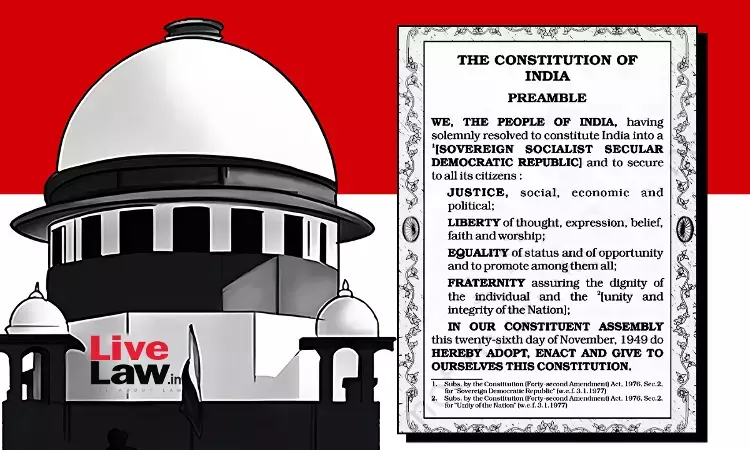
The Indian Supreme Court has rejected multiple petitions challenging the addition of the words "Socialist" and "Secular" in the Preamble of the Constitution. The Court, led by Chief Justice Sanjiv Khanna, stated that the Parliament has the power to amend the Constitution, including the Preamble. The Court also noted that secularism is a core feature of the Constitution and has been upheld in previous judgements. The petitions argue that the concept of "Dharma" and the failure of the Communist theory of state make the insertion inappropriate and that Indian citizens should not be compelled to be secular.